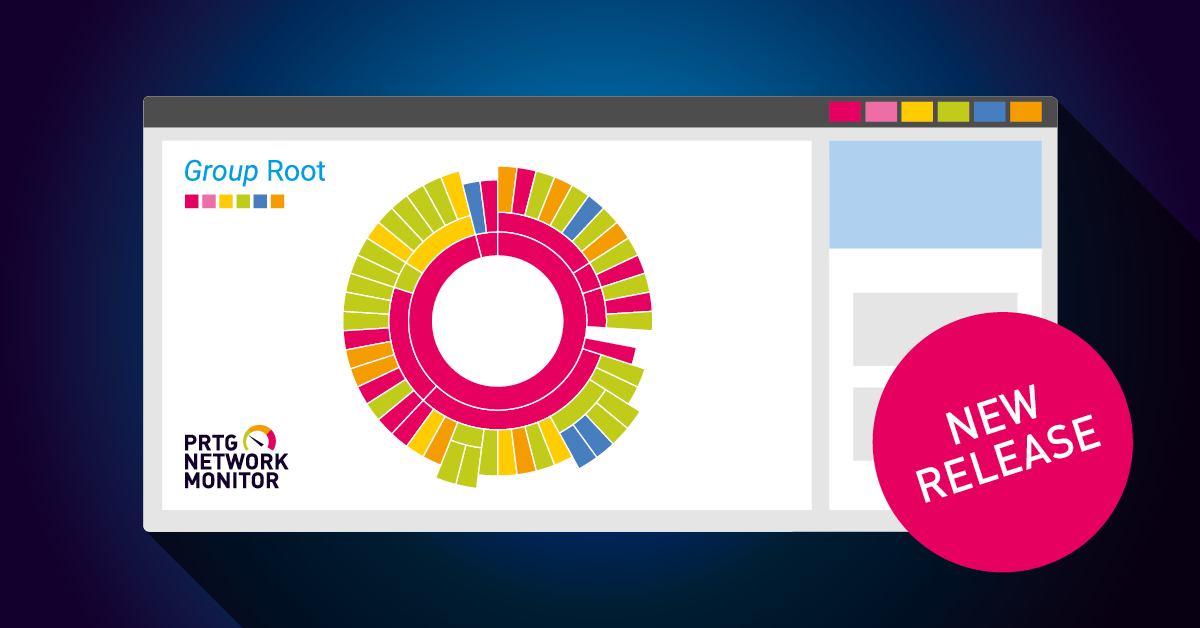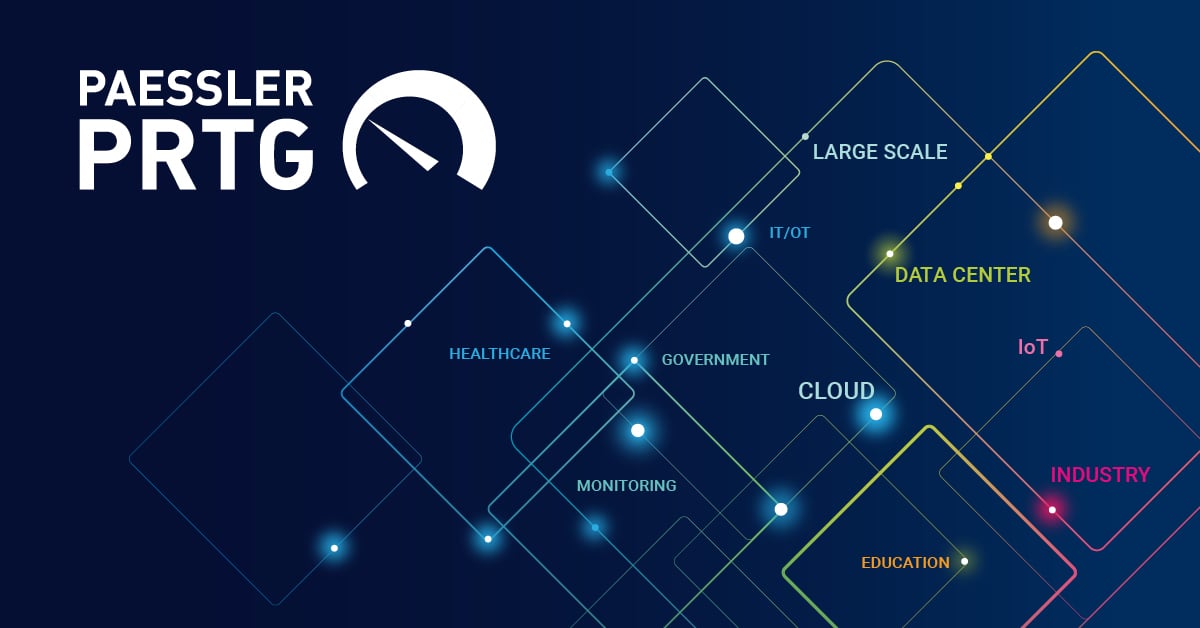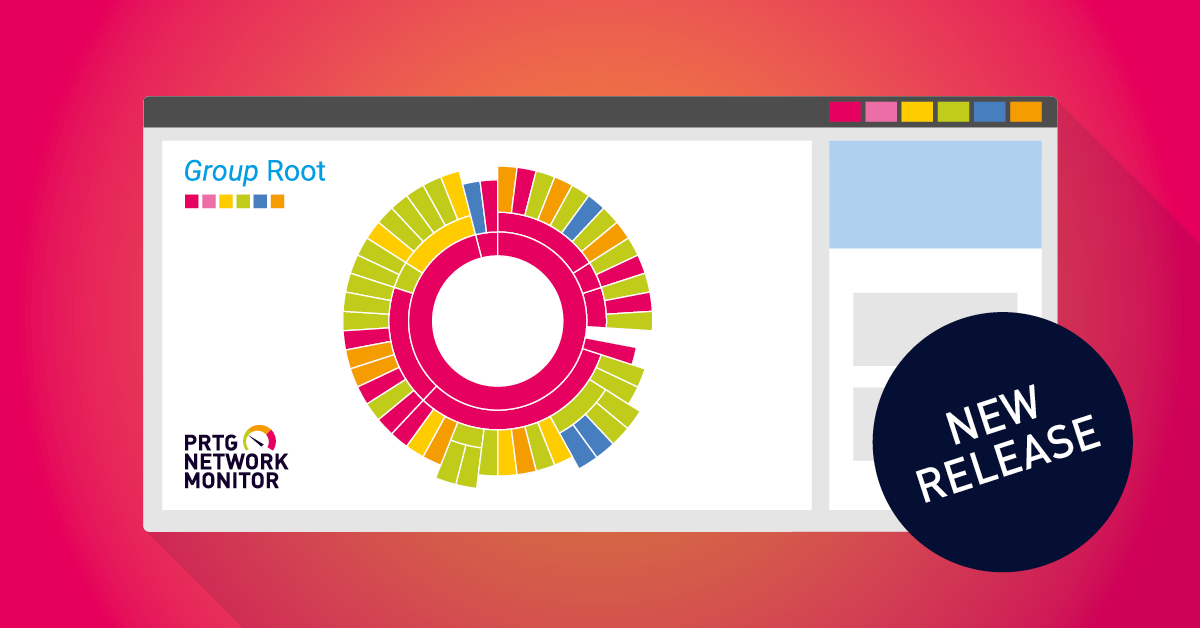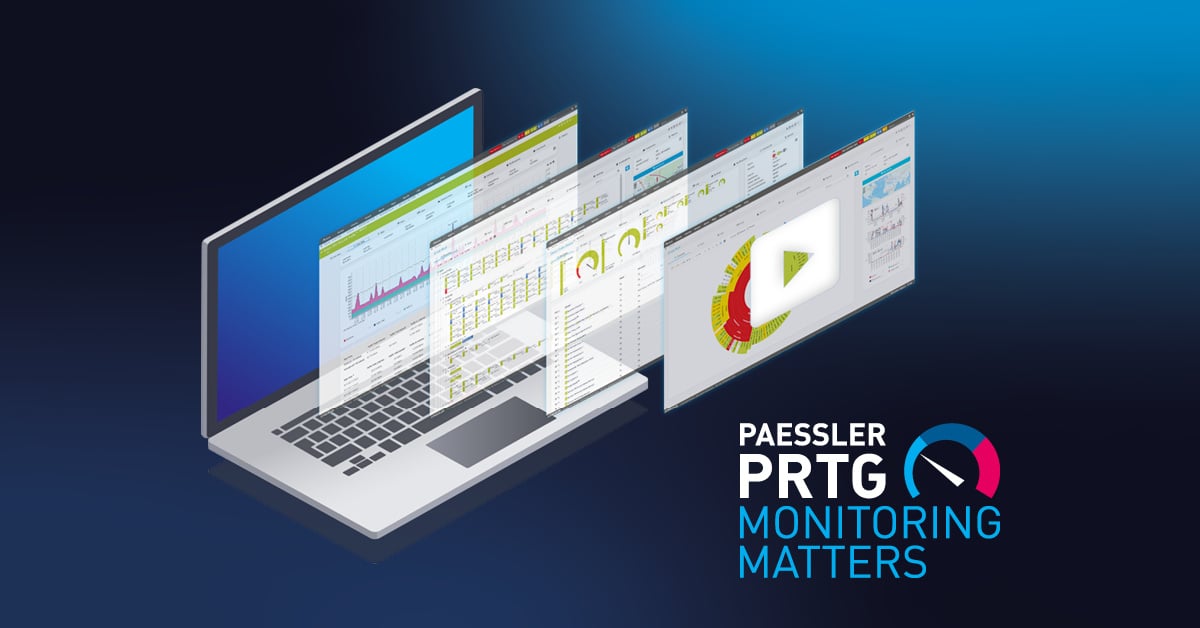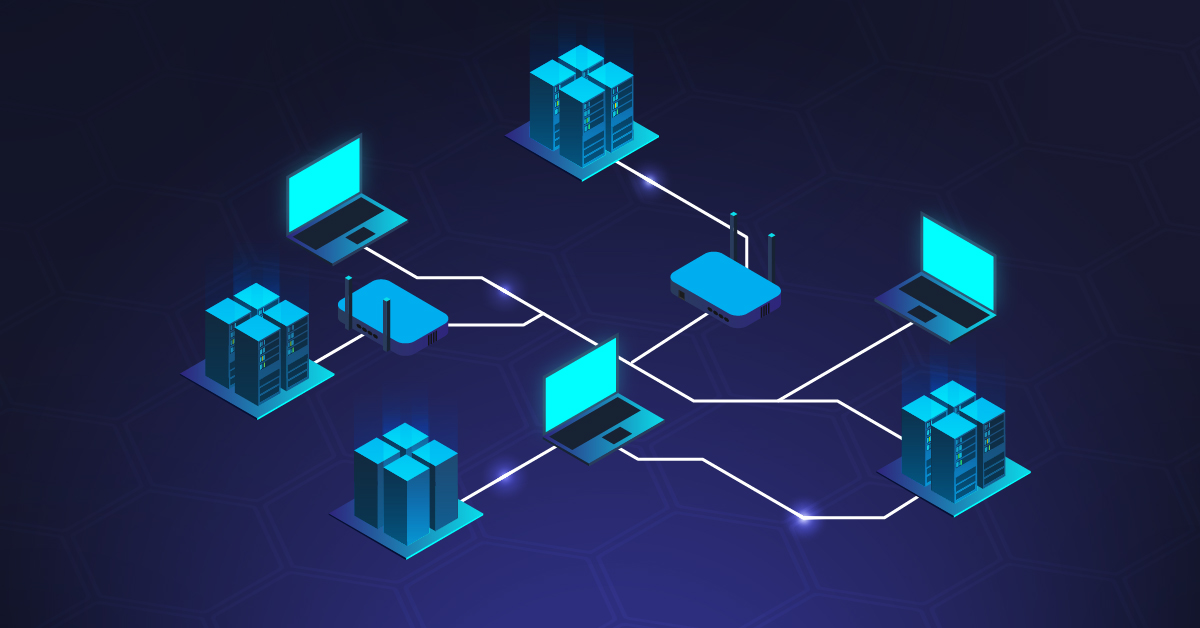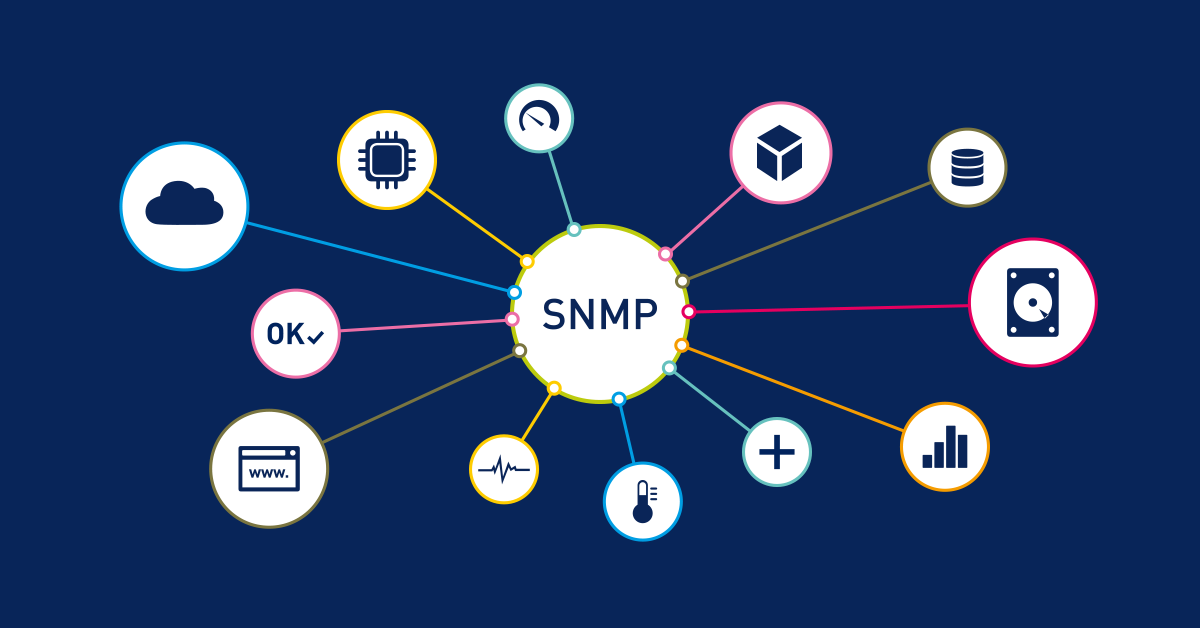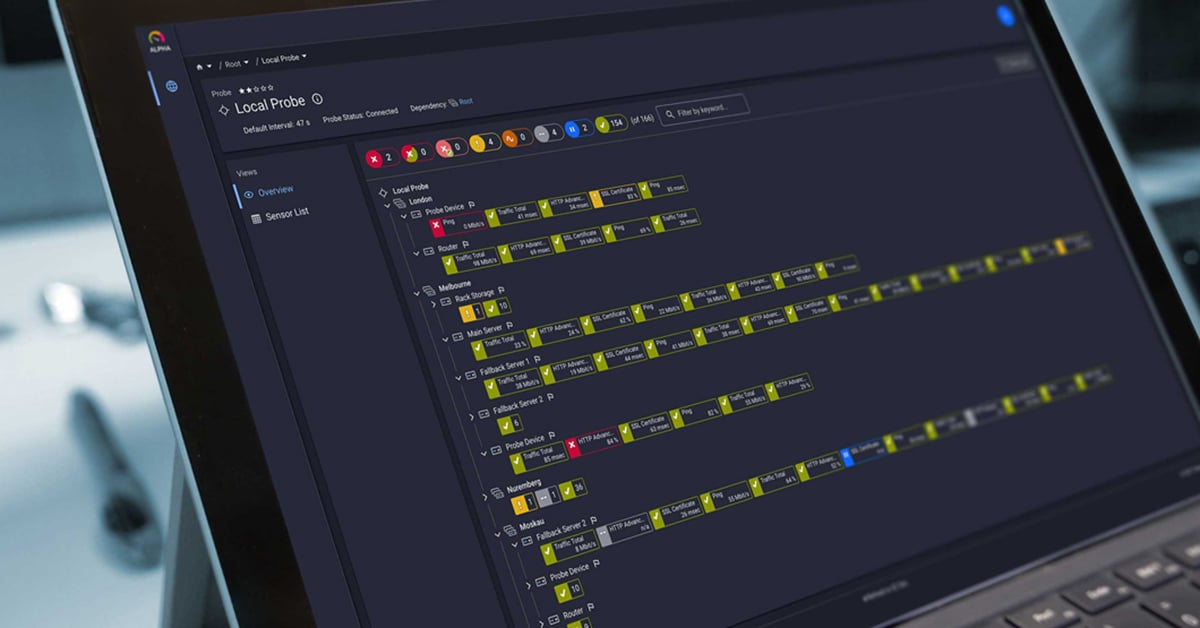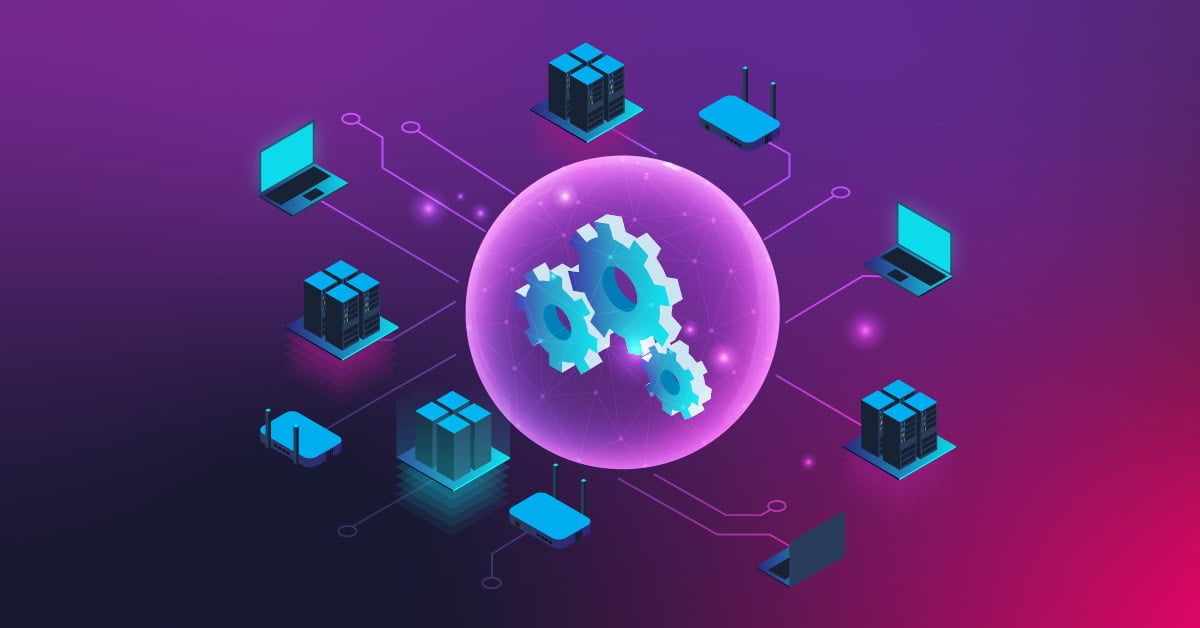It's easy to underestimate how many sensors you'll need over time, especially if your network or application traffic grows unexpectedly. And, because we never want your networking monitoring to slow down when you reach your sensor limit, we make it easy to immediately upgrade your PRTG license via the Paessler Portal.
With self-serve upgrades you can scale your monitoring needs at any time to put you in control and keep your network running smoothly.
How to check your sensor count
PRTG makes it easy to check the number of sensors you are running directly from the user interface, so you can always keep track.
This quick check helps you determine when it's time to upgrade and ensure that your monitoring is never interrupted.
Where to increase your sensor limit
When you're ready to add more sensors, simply go to the Paessler Portal and enter your license key or Paessler Portal credentials. From there, simply follow the instructions to complete your license upgrade in a matter of minutes.
This self-service feature allows you to respond immediately to your growing network and gives you the flexibility to adjust your sensor count in real time.
Simply choose the number of sensors you need and hit continue.
- PRTG Network Monitor goes up to 10,000 sensors (enough to monitor approximately 1000 devices),
- PRTG Enterprise Monitor is for anything over 10,000 sensors (enough to extend you beyond 1000 devices), and includes additional features and functionality to help manage complex IT environments.
License upgrades unlock more features
We see customers purchasing multiple PRTG licenses as a way to extend their monitoring capacity. There may be good reason for this, (for example, running separate instances across multiple sites), but in most cases upgrading a single license is more cost effective than purchasing separate licenses, and by moving up to our bigger editions, you gain access to more features, like PRTG Data Hub, SLA Reporter and PRTG Multiboard.
It's a scalable and cost-effective way to expand your monitoring capabilities:
✅ Cost-effective: The annual cost automatically adjusts as you upgrade, so you retain the value of your current license.
✅ Efficient management: Minimize administration and simplify monitoring in a single license. It makes renewals easier to manage too.
✅ More features: Move up to bigger PRTG editions to see more features included in your license.
Quickly rectify underestimated sensor usage
It's easy to underestimate how many sensors you'll need, especially if your network or application traffic grows unexpectedly. This might be due to an acquisition, or when you discover PRTG can do much more than you thought, like monitoring your OT environment, power consumption, or even your cows! 🐄
When this happens hitting your sensor limit might feel like an obstacle - but with a quick and easy upgrade, you can overcome it in an instant.
Knowing how to upgrade gives you the flexibility to increase your sensor count whenever you need, so your monitoring can scale with your business. Preparing for future growth ensures you continue to meet SLAs and maximize uptime.
Use probes and permissions for distributed monitoring
In a complex network monitoring environment with multiple sites and networks, access management is critical to ensure users only see what they're supposed to. This is even more important if you are a Managed Service Provider (MSP) with several customers.
The classic remote probe and multi-platform probe allow you to start collecting data right away from any number of subnets, and PRTG Enterprise Monitor offers even more flexibility by allowing as many core servers as needed - all under one license.
This scalability gives you the confidence to monitor everything from a single site to an entire global network.
If you need help with architecting your PRTG instance, we have consultants for hire.
Continuous monitoring with self-serve upgrades
The self-serve upgrade in the Paessler Portal gives you complete control over your sensor count and allows you to easily rightsize your PRTG license as the number of devices in your network grow.
This flexibility helps you avoid network interruptions, ensuring that you can scale up whenever you need to.
 Published by
Published by 




